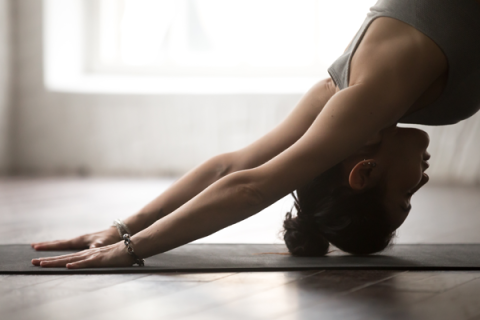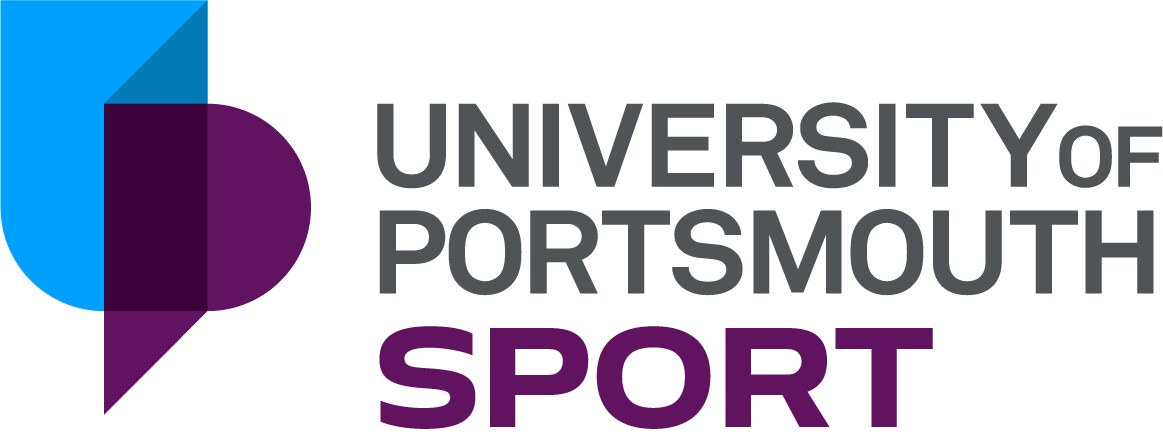

How can we best interpret stress and the positive link with exercise?
There is no denying that stress affects us all at times. We can all recount singular events and particular times in which stress affected us negatively. This comes in the way of how we think, feel, and then behave. Let's delve further into how we can best deal with stress, looking at exercise as an effective tool to combat what life throws at us and still move forward with resilience and strength.
Firstly, not all stress is bad stress. There are periods in which we may feel stress, but know deep down that it is occurring on the path to something positive. Quick examples of this could be: anxiety before a first date, exam worries, or the application and interview process for a job.
What do we do with stress?
We can perhaps catastrophise our thinking, believing that the worst case scenario is definite to occur. Other unhelpful thinking habits may be present, such as assuming our emotions are completely factual, as well as thinking in an 'all or nothing' (black and white) sense.
Such thinking patterns that are perhaps ingrained in us, may well make the stress much worse. Our feelings are likely to be affected by such thinking, in addition to different behaviour that's derived from these thoughts and feelings. The behaviour can include withdrawal from such a process (e.g. interview, date, exam) and/or bring on a lack of self-confidence or self-worth.
How do we positively aid stress reduction?
Whilst there are some arguably uncomfortable truths above that many, or all of us, have identified with over time - there absolutely is hope. The reality is, we all find our ways of best dealing with stress. Some are certainly labelled unhelpful, e.g. excessive alcohol, caffeine or recreational drug use. Some choose to binge our Netflix programmes. Those who read this article though will likely find that exercise is one of their foundations for a positive life balance. Let's explore this further.
The extensive science is out there with how exercise helps our physical and mental health. What I'd encourage you to do is to find a form of exercise that you enjoy the most - the one that you're most likely to 'turn up' for, without excessive barriers (e.g. I hate running in the rain, or "nope, I can't do that without equipment"). Use this form of exercise as a space in which you can channel all emotion - positive (goal oriented behaviour, provide yourself with a daily boost) and mental (relieve today's work stress, worries or insecurities).
The brain's 3 emotional regulation systems - seeing where exercise fits in/can fit in for you
- Drive system - achieving, focusing, progressing and wanting
- Threat system - anxiety and negative emotion, e.g. anger
- Soothe system - feeling protected and safe, cared for, trust
Summary
- Acknowledge that stress, to varying degrees, affects us all. Explore stress triggers and what types of stress you have in your life
- How do I personally interpret stress? (My thoughts, feelings, behaviours)
As part of our Sporting Minds mental health awareness month - read some personal stories from some of our student sports club members and find out how sport has helped them.

